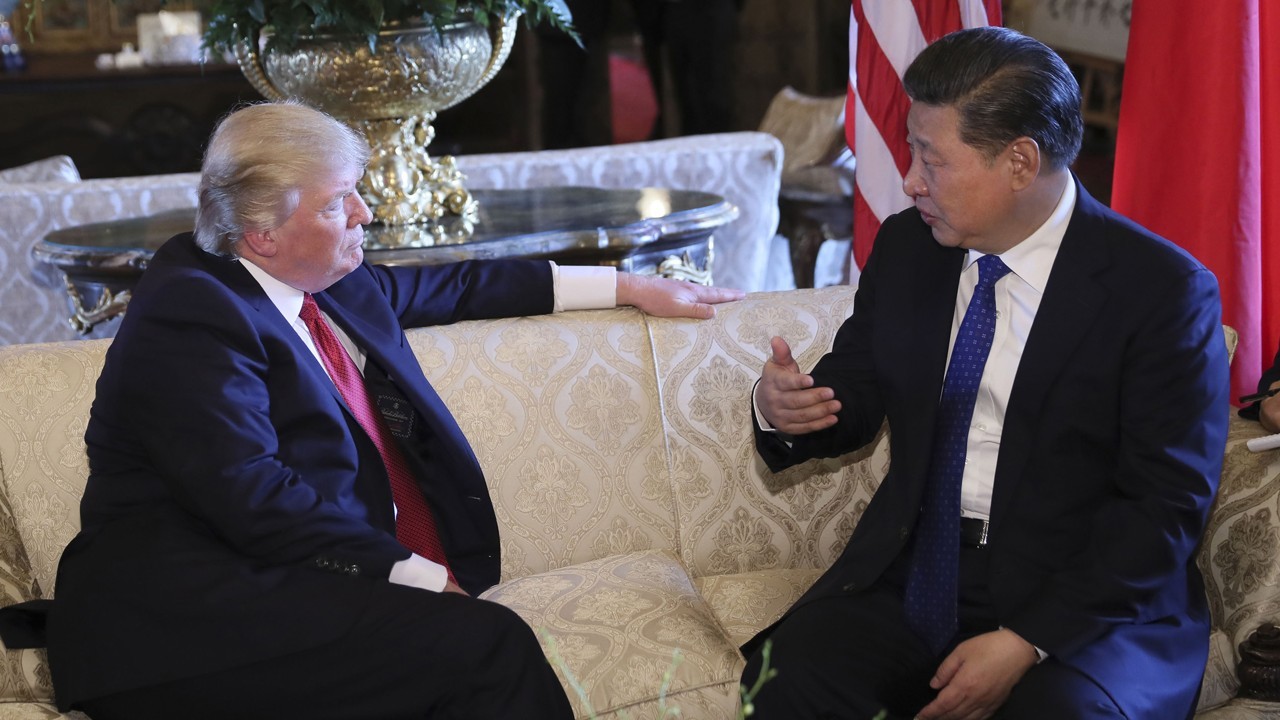
Lucio Blanco Pitlo III, President of Philippine Association for Chinese Studies, and Research Fellow at Asia-Pacific Pathways to Progress Foundation
Aug 01, 2018
Recent events have suggested that the decades-old U.S. policy of accommodation toward China is giving way to greater pushback against Beijing’s advances. However, disproportionate pushback may inject instability into the world’s most important bilateral relationship. Demonstrating competent leadership by leaving room for a negotiated solution is crucial.
Wang Fan, Vice President, China Foreign Affairs University
Jul 31, 2018
Wang Fan analyzes the current geopolitical situation and describes its effects on global security.
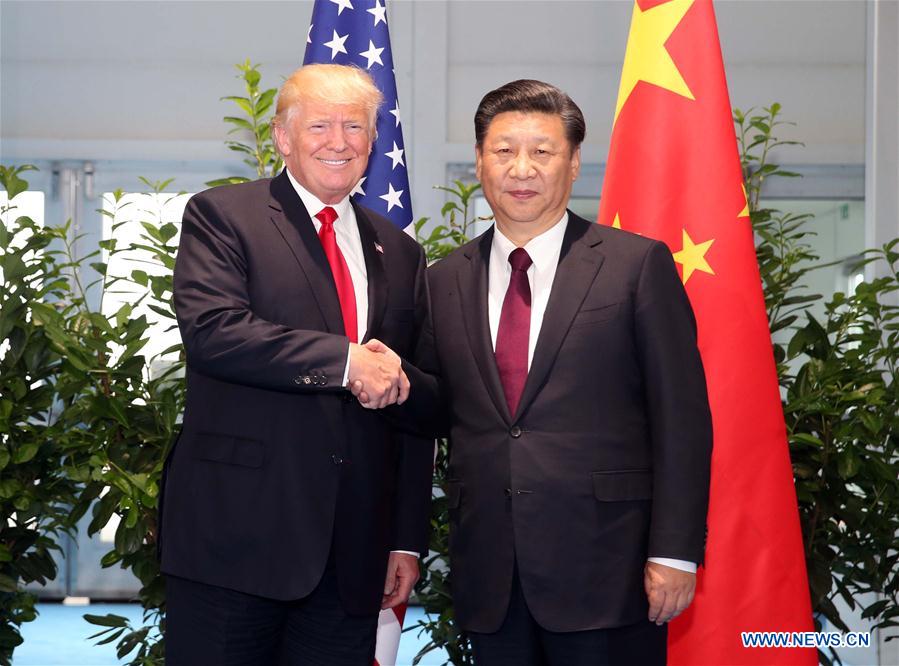
Cui Liru, Former President, China Institutes of Contemporary International Relations
Jul 25, 2018
Despite increased tension and sociopolitical changes, China and the US must continue to find common ground for cooperation to promote peace and stability in a multipolar world.
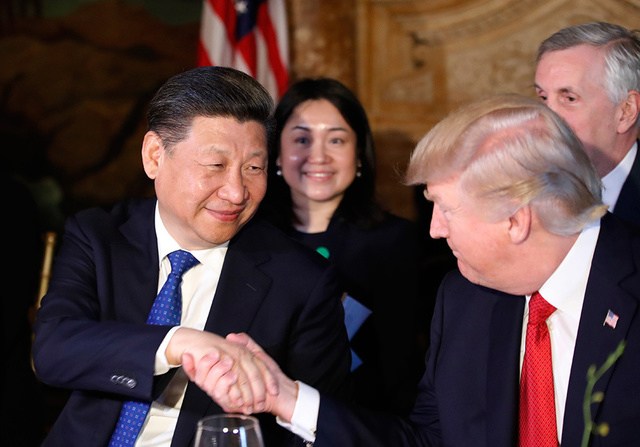
Doug Bandow, Senior Fellow, Cato Institute
Jul 04, 2018
How can China and the U.S. maintain satisfactory bilateral relations? Doug Bandow presents three ways the countries could begin to get their relationship right before more serious controversies arise.
He Yafei, Former Vice Minister of Foreign Affairs
Jul 03, 2018
Cold War benefits no one.
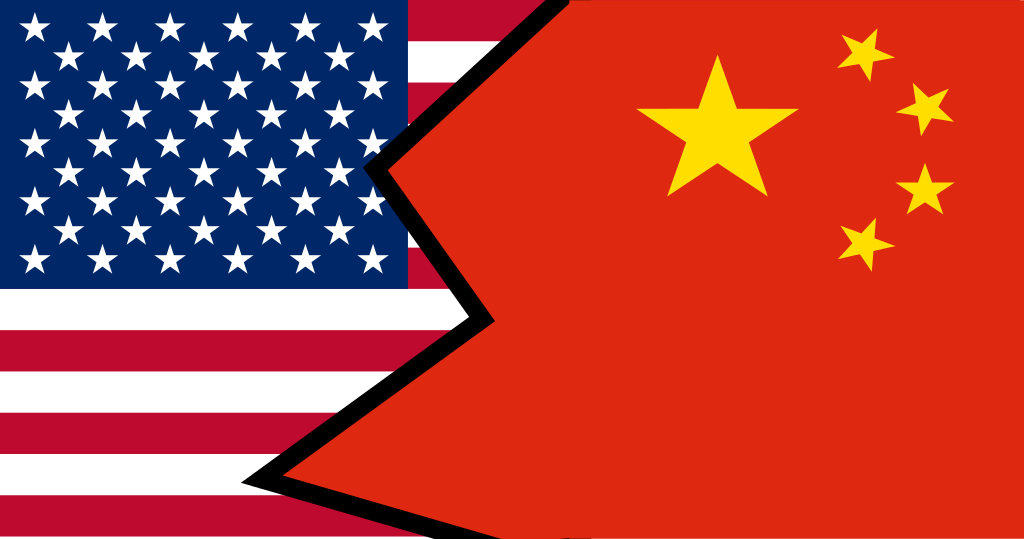
Zhao Minghao, Professor, Institute of International Studies at Fudan University, and China Forum Expert
Jun 29, 2018
China and the US need to be vigilant toward the new challenges in their bilateral relations, maintain strategic restraint and change the pattern of their interactions if they are to avoid unthinkingly entering a new Cold War.
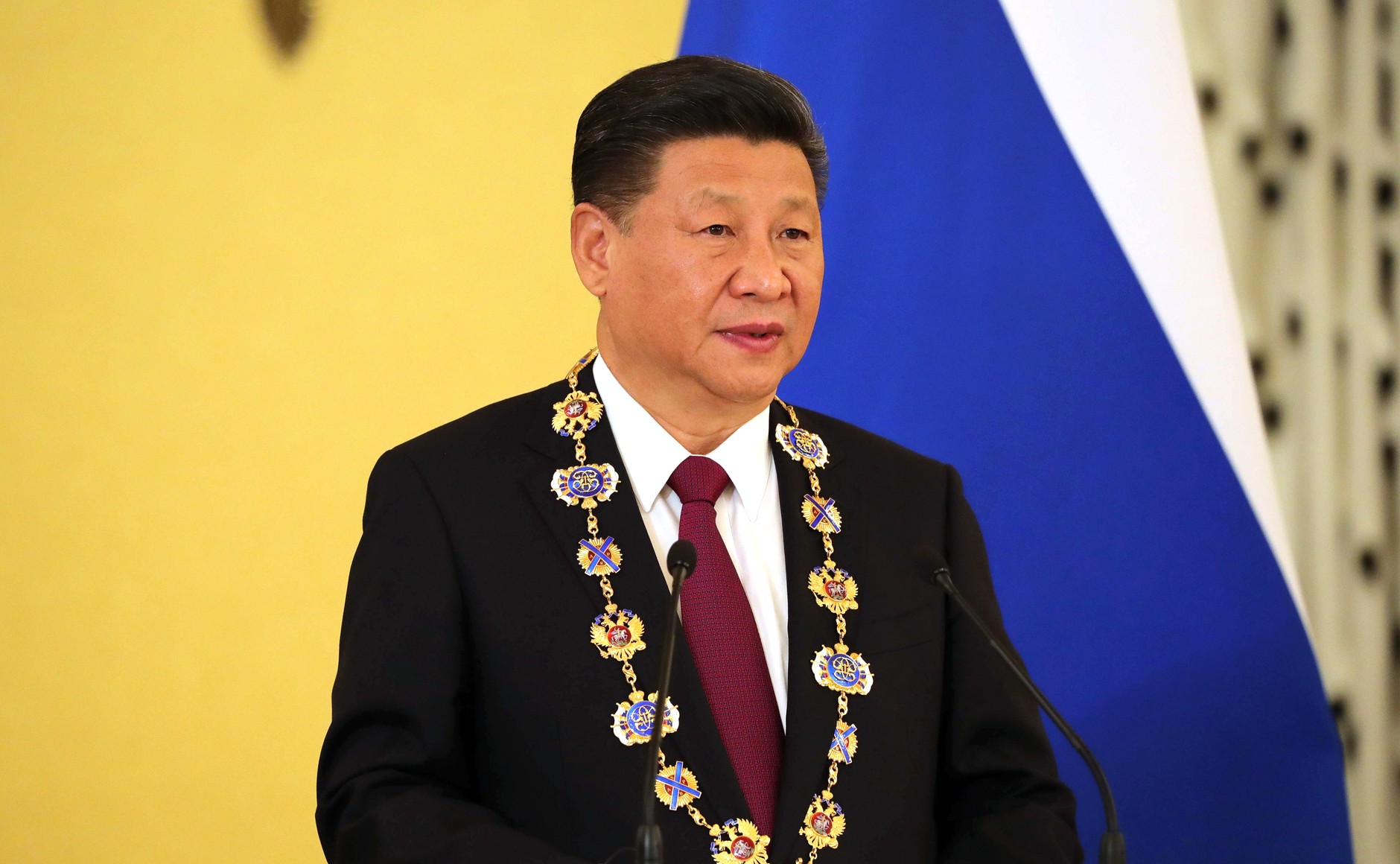
Huang Jing, University Professor at Shanghai International Studies University
Jun 25, 2018
China’s rise has changed the global landscape.
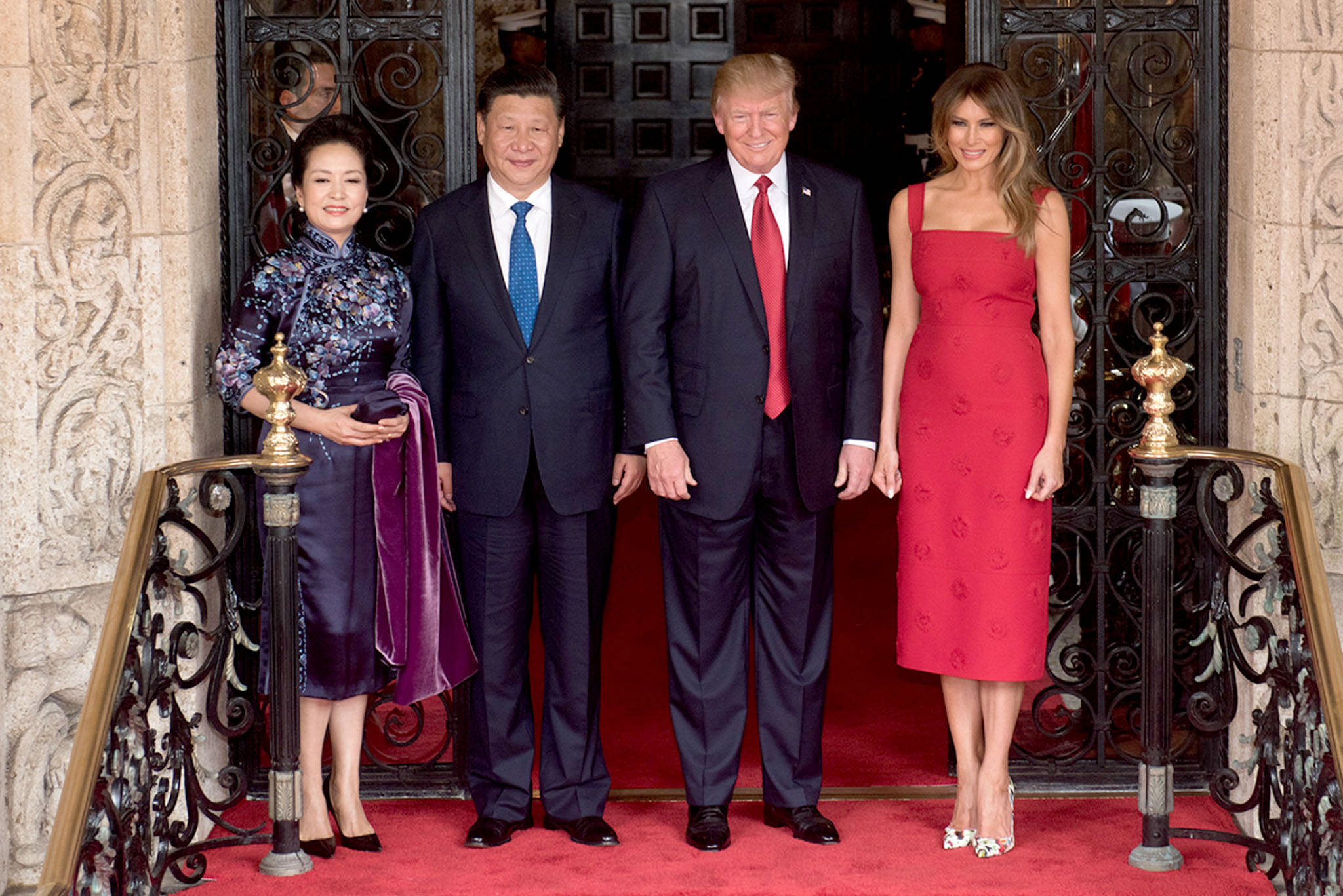
Zhang Tuosheng, Principal Researcher at Grandview Institution, and Academic Committee Member of Center for International Security and Strategy at Tsinghua University
Jun 20, 2018
Despite increasing friction between them, China and the US should be able to work things out.
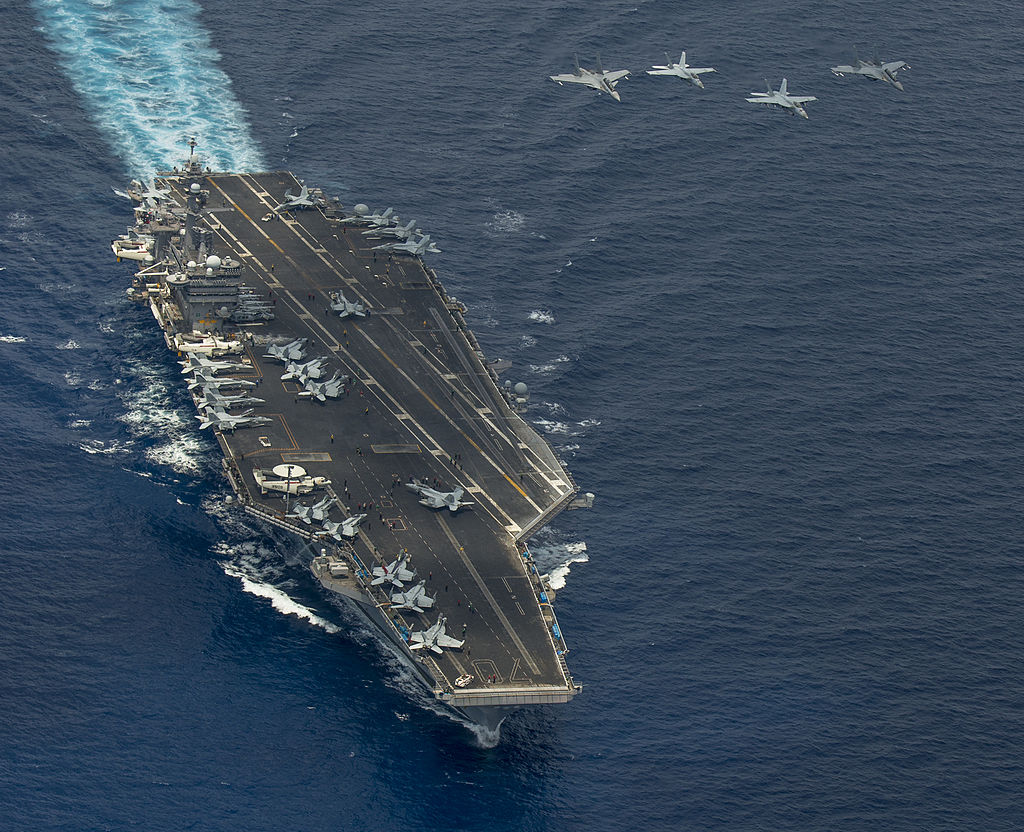
Wu Zurong, Research Fellow, China Foundation for Int'l Studies
Jun 14, 2018
The US should stop testing China in the South China Sea.
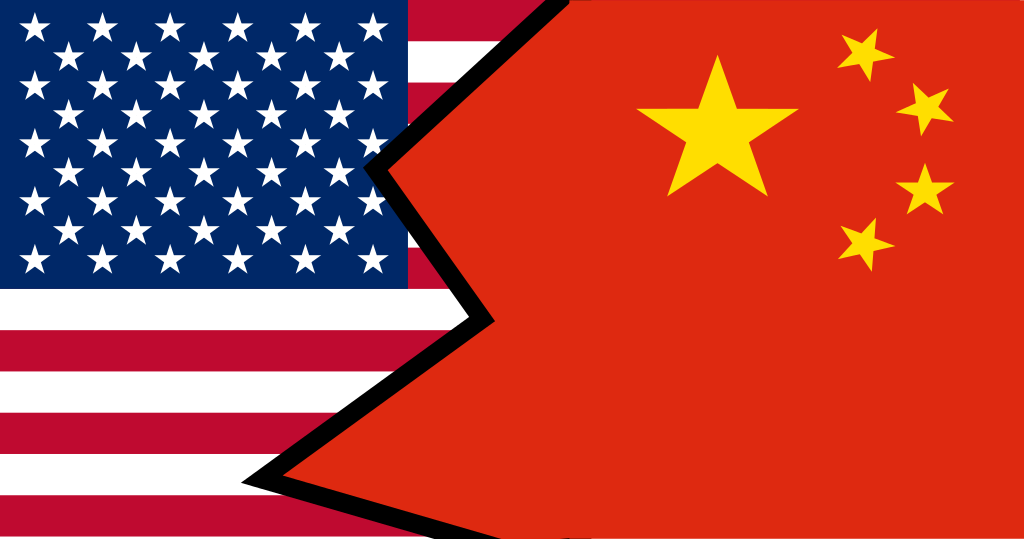
Yuan Zheng, Researcher, Chinese Academy of Social Sciences
Jun 12, 2018
A number of factors have pushed the US towards more confrontation with China.
Back to Top

- China-US Focus builds trust and understanding between the U.S. and China through open dialogue among thought leaders.
- Our Offerings
- Topics
- Videos
- Podcasts
- Columnists
- Research Reports
- Focus Digest
- Stay Connected
-
Thanks for signing up!
- Get the latest stories from China-US Focus weekly.